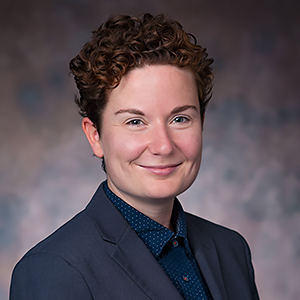Dr. Tanja Aho is a Visiting Assistant Professor of American Studies at American University and recently joined the Institute on Disability and Public Policy (IDPP) as a Faculty Associate.
Her work on madness and disability, political economy, and popular culture has been published in several anthologies and journals, including American Quarterly, Lateral, and the Journal of Literary and Cultural Disability Studies. Dr. Aho is currently the co-chair of the American Studies Association’s Critical Disability Studies Caucus.
Q: Can you discuss your arrival to AU and your position as a faculty associate at IDPP?
Dr. Aho: I moved to DC two months ago to start my position at AU, although it now seems like it was ages ago! Before the semester started I serendipitously ran into IDPP’s Executive Director Derrick Cogburn at a workshop. He invited me to join IDPP and made me feel right at home.
Being affiliated with IDPP is such a great opportunity for me, because it offers a network that would otherwise take years to build. IDPP’s work has laid a strong foundation for disability studies at AU, and I am excited to expand our profile and contribute to AU’s commitment to foster access and inclusion for all.
Since I arrived to AU, I’ve been connecting with people all over campus who care about disability and access, from AU’s Academic Support and Access Center and the Center for Teaching, Research, and Learning, to faculty members in Communication, Philosophy, and English. My home, the Critical Race, Gender, and Culture Studies Collaborative, is excited to offer more disability studies courses, such as my Local Disability Activism class in the spring semester.
Q: How would you summarize the focus of your work on disability?
Dr. Aho: My work has focused on structures that normalize oppression, dispossession, and death – in particular, I have studied some of the ways in which ideas about mental health and illness are understood, circulated, and regulated through everyday practices, beliefs, and institutions.
I come to disability studies from what has been termed a “crip-of-color” perspective. In other words, we center the importance of settler colonialism, racial capitalism, and heteropatriarchy in our approaches to questions of disability and pursue questions about disability from the perspective of those who are marginalized.
This kind of perspective centers the experiences and knowledges of those who live the daily reality of disabilities, and it lends itself to community-based research and learning. For example, I have participated in community-building efforts for psych survivors in Buffalo N.Y. where I also began exploring how we could foster conversations about mental health to learn from and with migrant populations.
Q: What inspired you to pursue this work and what do you find most rewarding about it?
Dr. Aho: I grew up in Germany, where disabled people were relegated to the margins of society – separated into different schools, institutionalized into homes far away from others, and generally made invisible.
When I first came to the United States at the age of sixteen, I couldn’t believe the presence of students with visible physical and intellectual disabilities in our rural high school. Of course, disabled people in the US also faced and still face many forms of discrimination and violence. I started to grapple with the question of why certain people are invisible and silenced in our communities.
I find disability such a productive lens because it reaches straight to the center of our systems of normalization, and does so along lines of race, gender, class, age, and more. In many ways, disability brings together all the theoretical questions I am passionate about. I appreciate the ways in which my research fosters conversations that can change people’s lives – around questions of access, belonging, care, and human value.
I feel especially passionate about the slogan “Nothing about us without us!” and value how much our field emphasizes the importance of centering the experiences of disabled people. Because I find community-based research and learning to be one of the most productive ways in which we can develop our understanding of the world, disability studies has been such an enriching field for both me and my students.
Q: What do you look forward to accomplishing through your work with IDPP?
Dr. Aho: Currently, I am very excited about a spring symposium that we are planning together with a number of stakeholders across campus. We have students, faculty, staff, and administrators with disabilities, and rarely do we all get together for a sustained conversation. This symposium will not only bring us together but will also showcase some of the exciting disability-related work being done on campus.
I have so much to learn from my colleagues at IDPP, and I can envision many productive ways for us to collaborate, whether it is on questions of accessibility in the sharing economy, universal design and accessible cyberlearning at AU, or discussions about disability policy and urban development more generally. I might come to these questions from a different perspective than other IDPP members, but I think that will enrich our conversations greatly.

